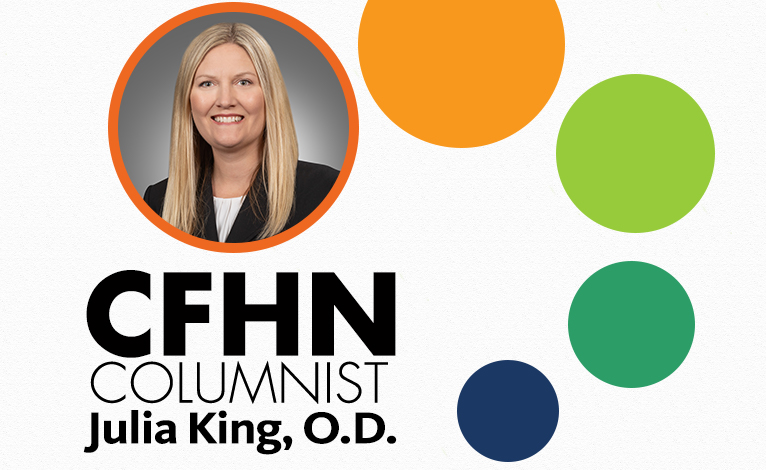
Health News
Features
-
Pegasus Partners
UCF Teams With AdventHealth, Orlando Health to Tackle Nursing Shortage by PAUL CATALA As more than 1,000 people each day make the Sunshine State their new homes, the need for healthcare professionals to take care of them intensifies. In April, the Florida Hospital Association said Florida will need more than 60,000 nurses in hospitals, clinics, and…
-
Don’t Forget Your Back-to-School Immunizations
by TERESA SCHIFFER Sponsored by Central Florida Health Care As parents prepare for the upcoming school year, many will be making appointments with their kids’ pediatricians for physicals. During those visits to the doctors’ offices, it’s likely that vaccinations will be discussed. While vaccinations are nobody’s favorite, they serve an important role and are very…
-
Pop Quiz!
Menopause and Mental Health: Understanding the Link The physical effects of menopause — hot flashes, insomnia, fatigue, and weight gain — are common knowledge, but did you know that menopause can affect your mental and emotional health, as well? Knowledge is power, so arm yourself and take our quiz to get the facts on menopause…
Columns
-
February Is Age-Related Macular Degeneration Awareness Month
Age-Related Macular Degeneration, AMD, is a leading cause of vision loss in adults over the age of 50. It destroys the macula, which is the small central area of the retina that provides detailed, central vision. With AMD, you lose the ability to see fine details, both close-up and at a distance. Due to the…
-
Vascular Manifestations of COVID-19
The novel coronavirus (COVID-19) continues to wreak havoc around the world, with 88 million confirmed cases and more than 2 million deaths as of January 8, 2021. In the United States, the number of infections has risen dramatically since the first week of March, and the US now has more confirmed cases and deaths than…
-
Smoking Can Lead to Amputations
While most people are familiar with the devastating consequences of smoking on their lungs (COPD, cancer), heart (coronary artery disease) or brain (stroke), its direct relation to limb loss escapes public attention! For far too many smokers, the first time they learn of the connection with limb loss is when a vascular surgeon diagnoses them…



